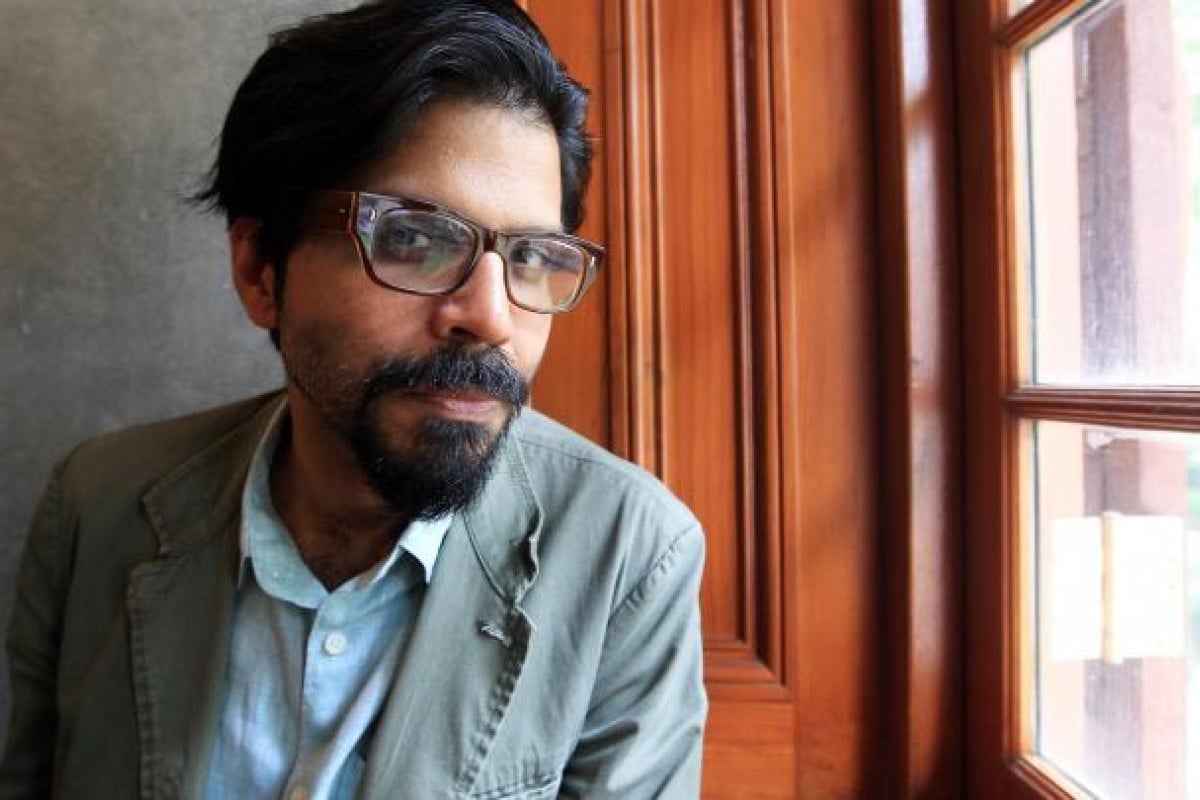In the London Review of Books, Pankaj Mishra reviews five recent books that ask in different ways if the political dominance of the West is coming to an end, and what this might mean for future global relations. These books include The Retreat of Western Liberalism by Edward Luce, The Fate of the West: Battle to Save the World’s Most Successful Political Idea by Bill Emmott, The Road to Somewhere: The Populist Revolt and the Future of Politics by David Goodhart, The Once and Future Liberal: After Identity Politics by Mark Lilla, and The Strange Death of Europe: Immigration, Identity, Islam by Douglas Murray. Mishra exhibits a pointed skepticism of these laments, suggesting that it isn’t so much the decline of a “way of life” that these author are worried about, as it is the decline of their own privileged class positions. Here’s an excerpt:
The ideas and commitments of the new prophets of decline do not emerge from any personal experience of it, let alone adversity of the kind suffered by many voters of Brexit and Trump. These men were ideologically formed during the reign of Reagan and Thatcher, and their influence and prestige have grown in step with the expansion of Anglo-America’s intellectual and cultural capital. Lilla, a self-declared ‘centrist liberal’, arrived at his present position by way of working-class Detroit, evangelical Christianity and an early flirtation with neoconservatism. The British writers belong to a traditional elite; shared privilege transcends ideological discrepancies between centrist liberalism and nativism, the Financial Times and the Spectator. Murray and Goodhart were educated at Eton; the fathers of both Luce and Goodhart were Conservative MPs. Inhabitants of a transatlantic ecosystem of corporate philanthropy, think-tanks and high-altitude conclaves, they can also be found backslapping in the review pages and on Twitter: Murray calls Goodhart’s writing ‘superb’ and Luce’s ‘beautiful’; Emmott thanks Murray for his ‘nice’ review in the Times.
Goodhart is an especially interesting case. A former journalist on the Financial Times, he founded Prospect in 1995 together with Derek Coombs, a former Conservative MP and wealthy businessman (subsequently part-owned by a hedge fund, Prospect’s current majority shareholder is a financial investment firm in the City). Avowedly ‘centre-left’ when the centre seemed the right place to be, Prospect exemplified the alliance between finance, business and New Labour. In no other mainstream periodical was the prospectus for New Labour’s blend of social and economic liberalism so clearly stated. Blair himself argued there for the ‘Third Way’ and the imperatives of ‘modernisation’. In August 2002, a few months after Blair became a proselytiser for Bush’s global war on terror, Goodhart wrote that Blair had ‘reshaped British politics, if not yet Britain, and is Europe’s heaviest hitter. He knows what he is up to and has the intellectual confidence to describe it.’
Image of Pankaj Mishra via scmp.com.
